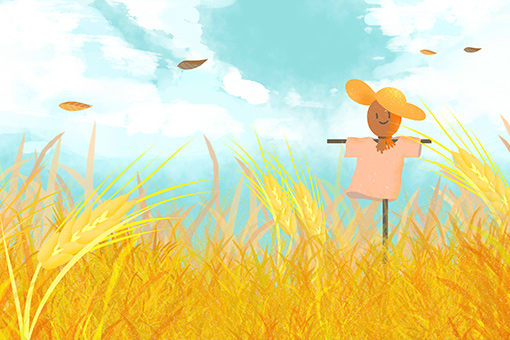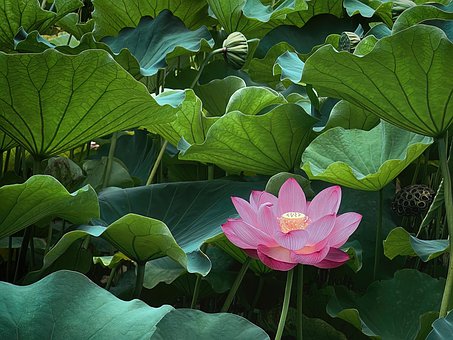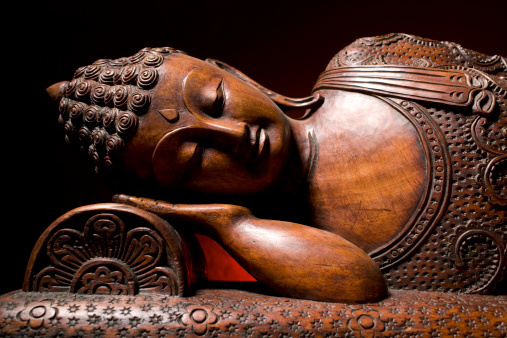In our everyday life, when getting irritated and anxious, we need to stop to investigate what exactly make us upset? Our body is void of thinking, being free from the concept of happiness and unhappiness. It’s the consciousness which give rise to defilements. Then what exactly is consciousness? By reflecting as such, we might reach a state of realisation.
~Depicted from LUMINOUS WISDOM BOOK SERIES











